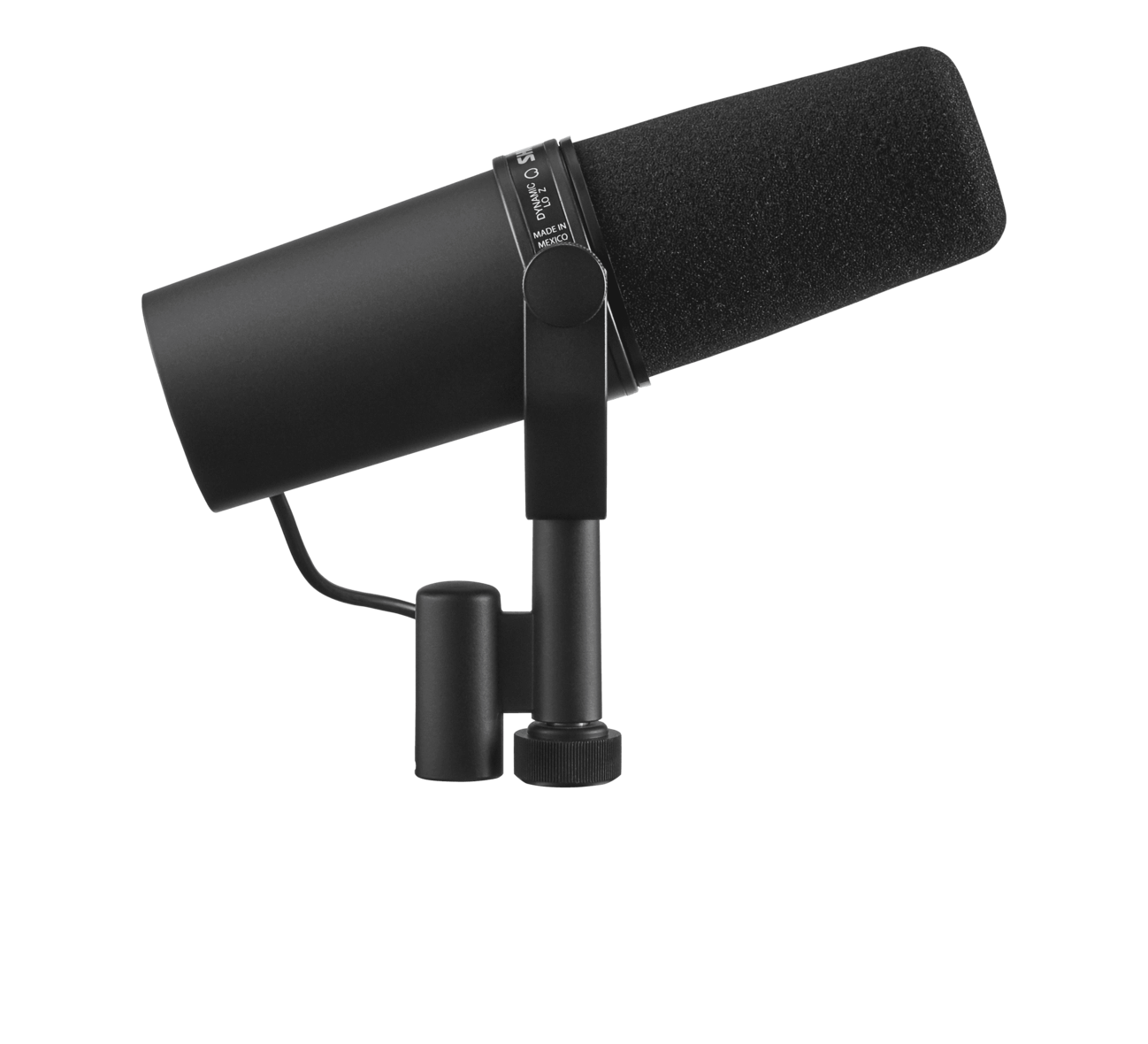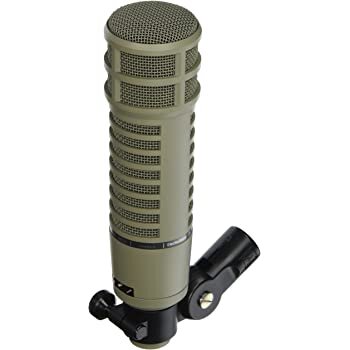Are you looking into recording your own podcast at home but don’t know what kinds of microphones to use? These are the best microphones for recording your own high quality podcasts in 2020!
These are separated into USB Microphones and XLR Microphones. USB mics are easy to set up, and usually can be attached directly to your computer, while XLR mics require a different port and additional equipment to be set up. Are you ready? Let’s get started.
USB Microphones
AT2020-USB
This is one of the first mics Jony Studios ever used! It’s a great starter microphone that does the job well. It offers a wide dynamic range and a low mass diaphragm that is engineered for an extended frequency response. It works great for recording podcasts.
ATR2100x-USB:
The prices vary depending on where you buy it from, but it averages for above $100. This mic has both USB and XLR connections, and is fairly portable. It has versatile uses from singing, to podcasting, and recording live. It also includes all the cables needed to set it up.
Rode NT-USB:
This mic is ideal for voice recording, and includes items such as a travel pouch, tripod, and boom mount. The cost averages around $100. It also features a zero-latency stereo headphone monitoring jack, which allows you to keep track of the microphone input in real time.
XLR Microphones
Rode Podmic:
This mic is optimized for podcasting, and usually sells for under $100. It has an internal filter and internal shockmounting so you can get the best sound quality possible.
Rode Procaster:
This mic is ideal for podcasting and voice overs. It has a great sound quality, and has an internal pop filter to help minimize plosive sounds.
Heil PR-40
This mic is great for podcasts, although on the more expensive side, the sound quality lives up to the price.
Shure SM7B:
This mic is known for its appearances on multiple broadcasts. It has a built in pop filter and shockmount, so the need for further upgrades is none. This is also our personal favourite!
Electro-Voice RE20
This mic is also great for broadcasting, and is great for those who are new to microphones. It features an internal pop filter for close-in voice work, and an internal element shock mount, that can help reduce vibration induced noises.
Conclusion
All of these mics have various qualities that make them great. In the end, make sure to use the one that best suits your specific needs. The most important part of podcasting is conveying value through your message to connect with your audience. Quality is just one minor aspect of this. If you need help making your podcast be the best it can be, contact us here.
So which mic are you interested in getting? Let us know!
- By Julianna Martinek










